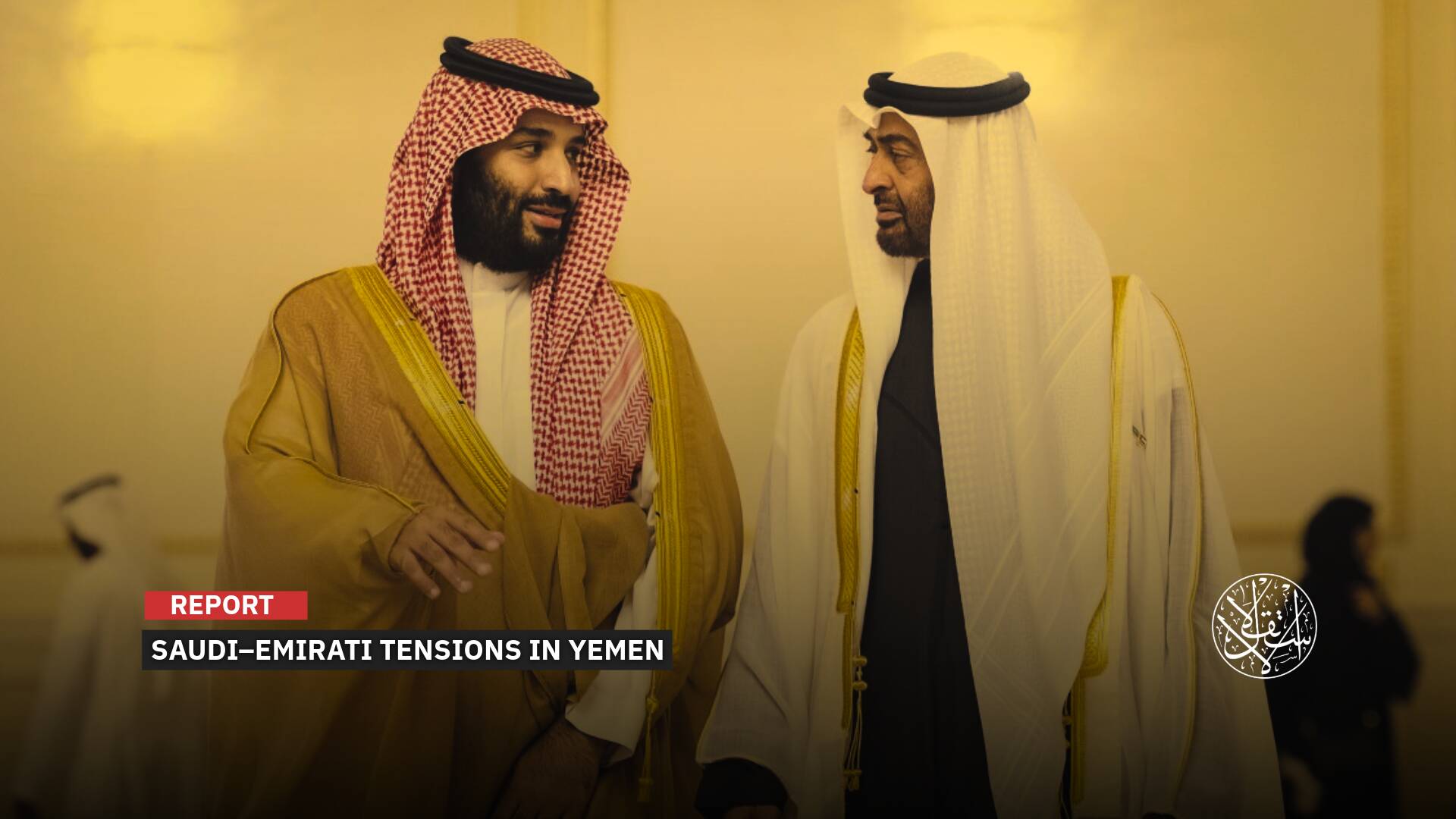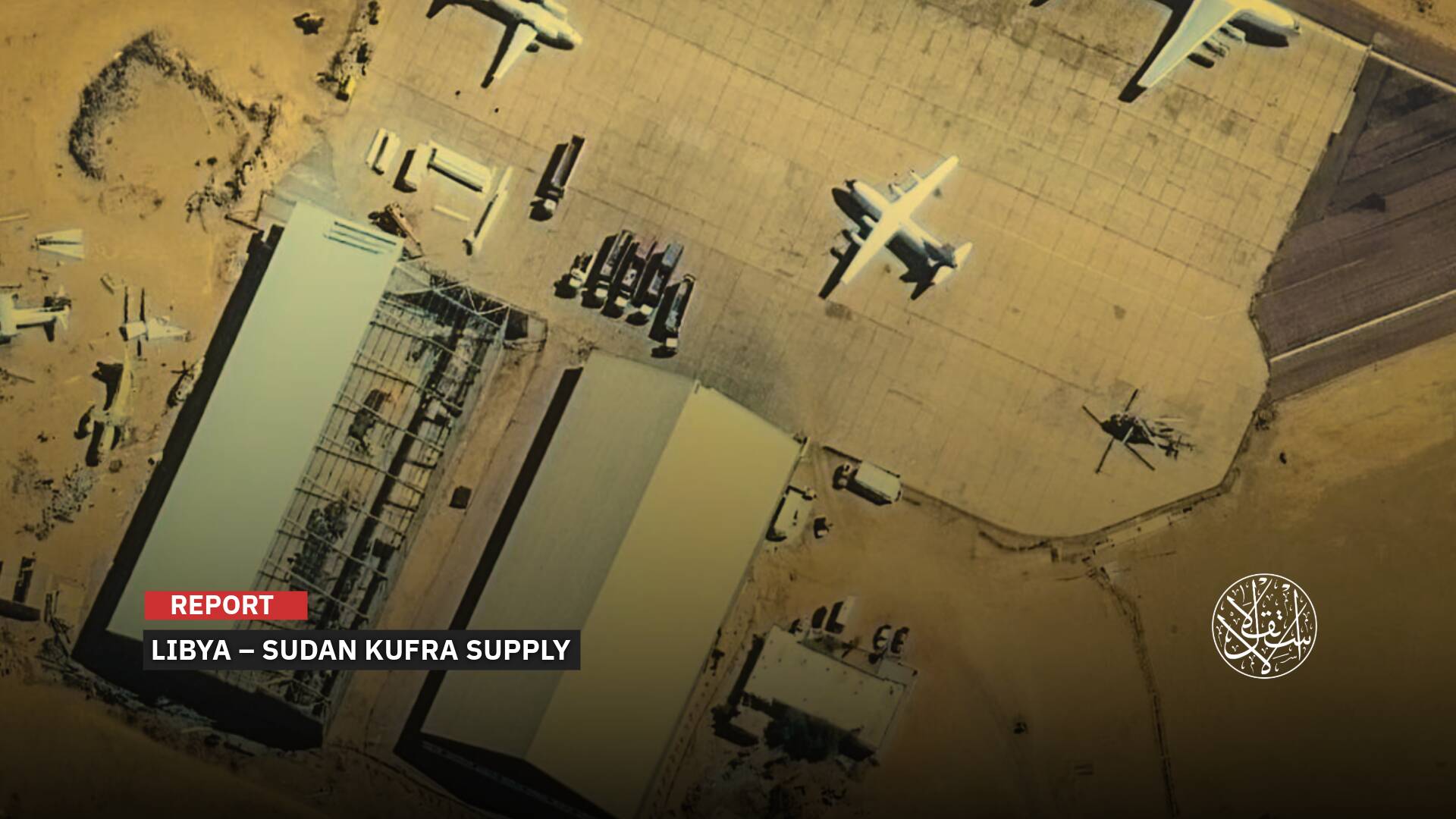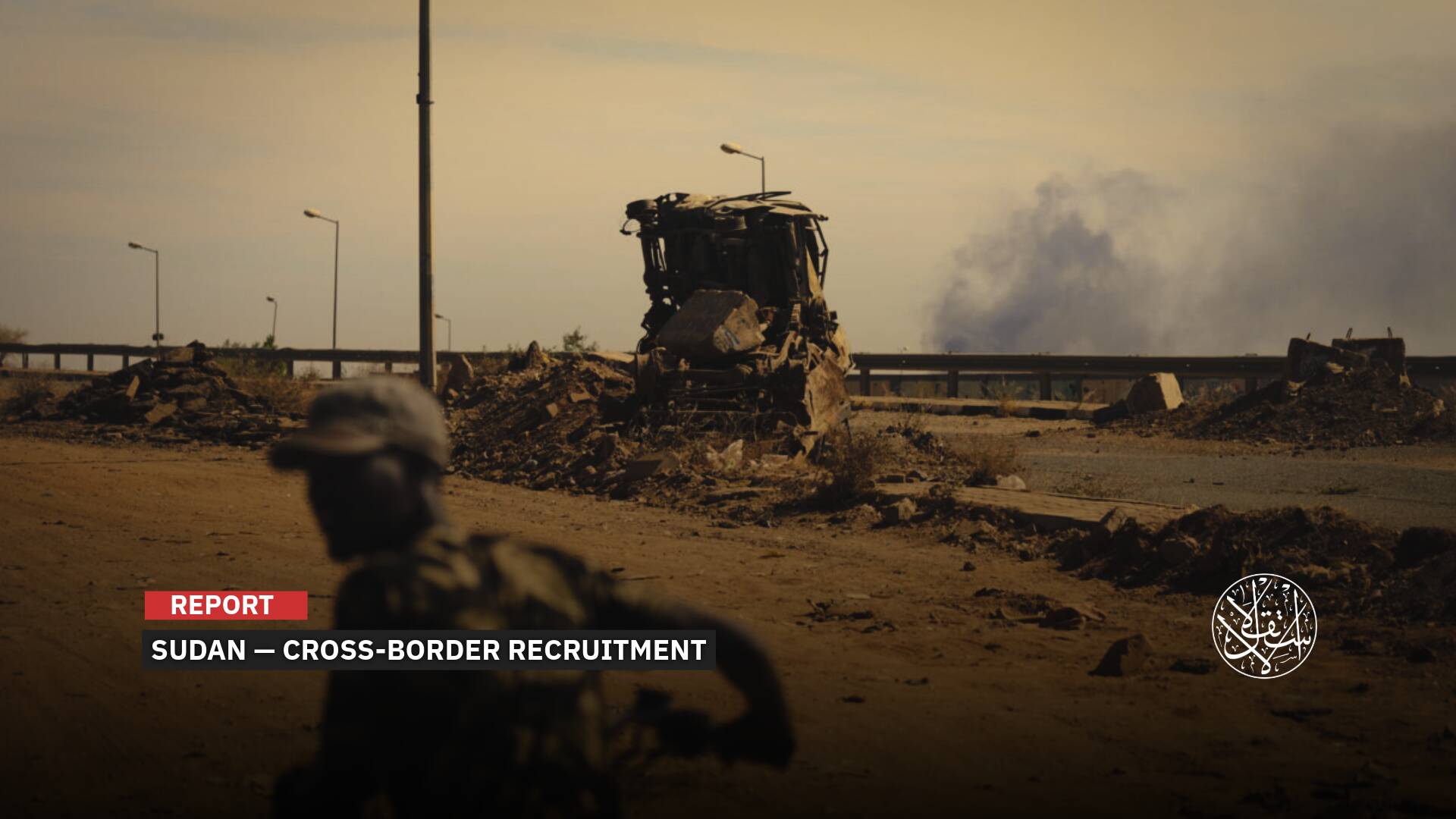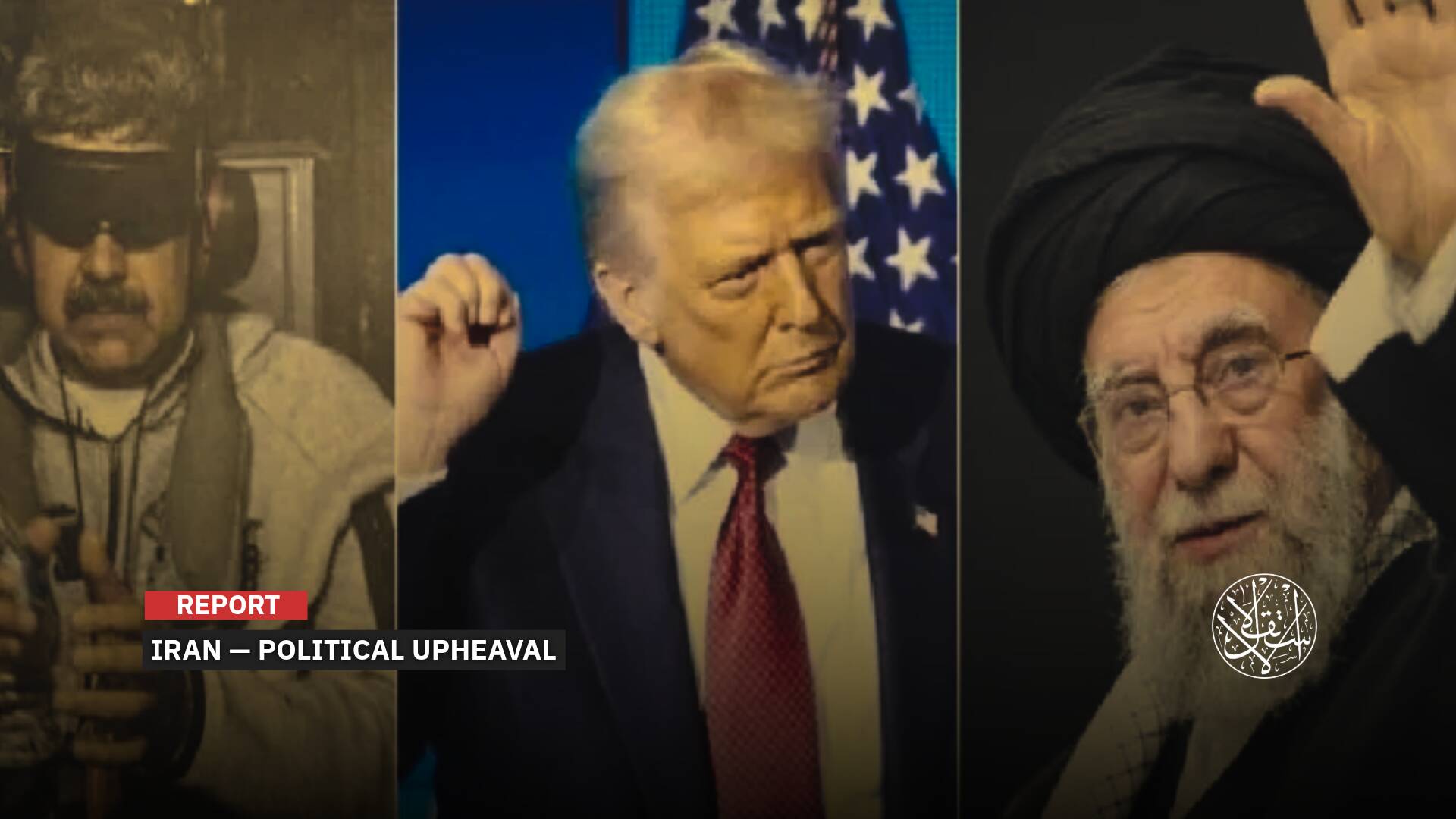After a Long History of Military Neutrality: Why Is Japan Moving Closer to NATO?

Japan has long been a neutral player in international politics, preferring to maintain strong economic ties with all countries rather than join a particular bloc.
In recent years, however, Japan has taken steps to strengthen its defense and security ties with the West, including NATO.
The move comes amid growing concerns about China’s military expansion in the region and Russia’s assertive behavior.
In an interview with CNN, Japanese Foreign Minister Yoshimasa Hayashi said Japan was in talks to open a NATO liaison office on its soil, the first of its kind in Asia, saying Russia’s invasion of Ukraine had made the world less stable.
Speaking a week before this year’s Group of Seven (G7) summit in Hiroshima, Hayashi said: “We are already in discussions, but no details (have been) finalized yet.”
Since Russia’s aggression on Ukraine, the world has become more turbulent, forcing Japan to rethink regional security.
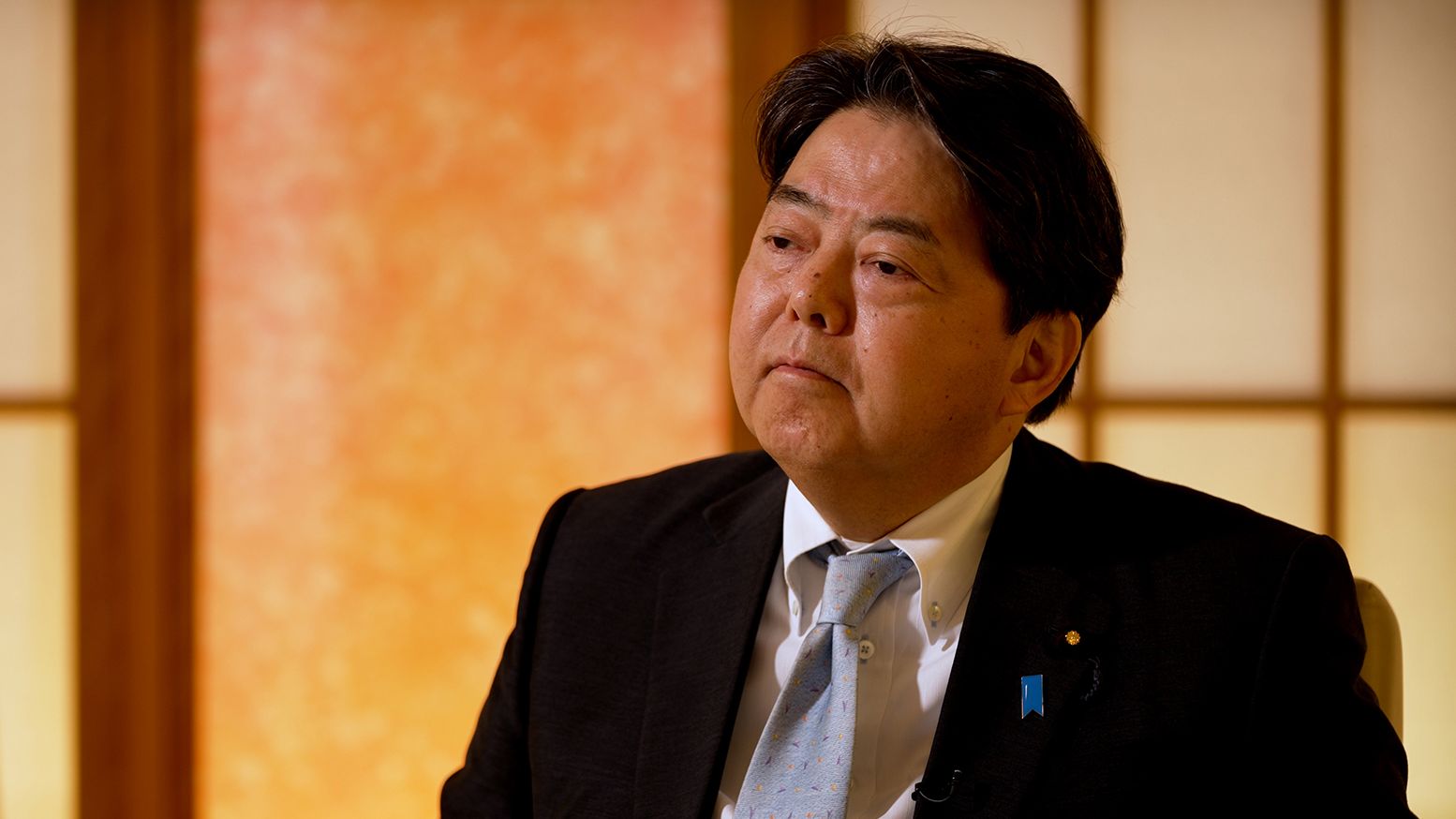
Ukrainian War
Japan is expanding its cooperation with NATO, the Western military alliance, by opening a liaison office at its headquarters in Brussels.
The move reflects Japan’s growing concern about the security situation in the Asia-Pacific region, as well as its interest in working with NATO on global issues such as cyberattacks and emerging technologies, Foreign Minister Fumio Kishida said.
He cited Russia’s annexation of Crimea in 2014 and its involvement in the conflict in eastern Ukraine as examples of events that have implications beyond Europe. “These developments directly affect the situation here in the Pacific,” he said. “That’s why cooperation between us in East Asia and NATO is becoming increasingly important.”
Kishida said Japan’s liaison office, which will open later this year, will facilitate dialogue with NATO and its partners in the Asia-Pacific, such as South Korea, Australia, and New Zealand. He said Japan would also seek to participate in NATO exercises and training programs.
Japan has been deepening its ties with NATO since 2011 when it joined the alliance’s efforts to stabilize Afghanistan. In 2018, it became the first Asian country to establish a diplomatic mission to NATO. The following year, it sent its defense minister to a NATO meeting for the first time.
Japan’s decision to strengthen its relationship with NATO is part of its broader effort to enhance its defense capabilities and deter potential threats from China and North Korea. Japan has been increasing its defense spending and investing in new weapons and technologies, such as stealth fighters and missile defense systems.
However, Japan’s alignment with NATO has raised eyebrows in Moscow and Beijing, which have accused Tokyo of siding with the West and undermining regional stability. Both Russia and China have territorial disputes with Japan and have expressed displeasure over Japan’s military modernization and activities.
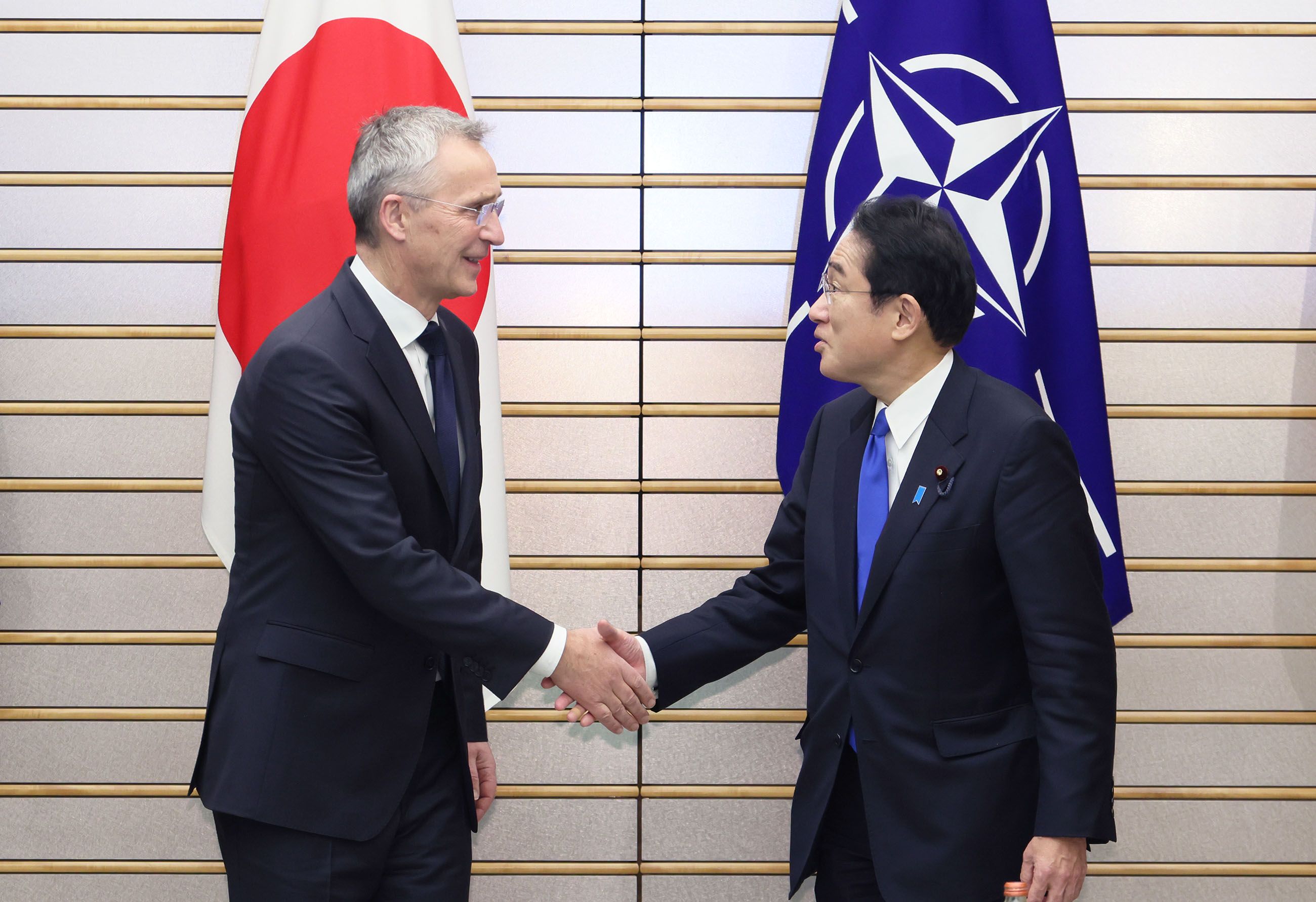
Deepening Fault Lines
A NATO liaison office in Japan would be a significant step for the Western alliance, which faces growing geopolitical challenges and likely opposition from China, which has previously objected to such a move.
The war in Ukraine, which pushed Finland and Sweden to abandon their neutrality and seek NATO’s protection, also brought Japan and South Korea closer to their Western allies, as they confront common threats in their own region, said Hayashi, who pointed out Japan’s “extreme and complex” security situation.
He said Japan had to deal with not only Russia’s increased aggression, but also a nuclear-armed North Korea and a rising China that claims islands controlled by Japan in the East China Sea.
As China expands its naval and air presence near Japan, Japan, and Russia have also seen rising tensions in recent months, fueled by Russian military drills in waters between them and joint naval patrols by China and Russia in the western Pacific near Japan
In response to these frictions, Japan recently unveiled plans for its biggest military buildup since World War II.
But Hayashi said the possible opening of the office was not directed at any specific countries. He said Japan and other countries still had to work with China on broader issues such as climate change and the Covid-19 pandemic, and that Tokyo sought a “constructive and stable relationship” with Beijing.
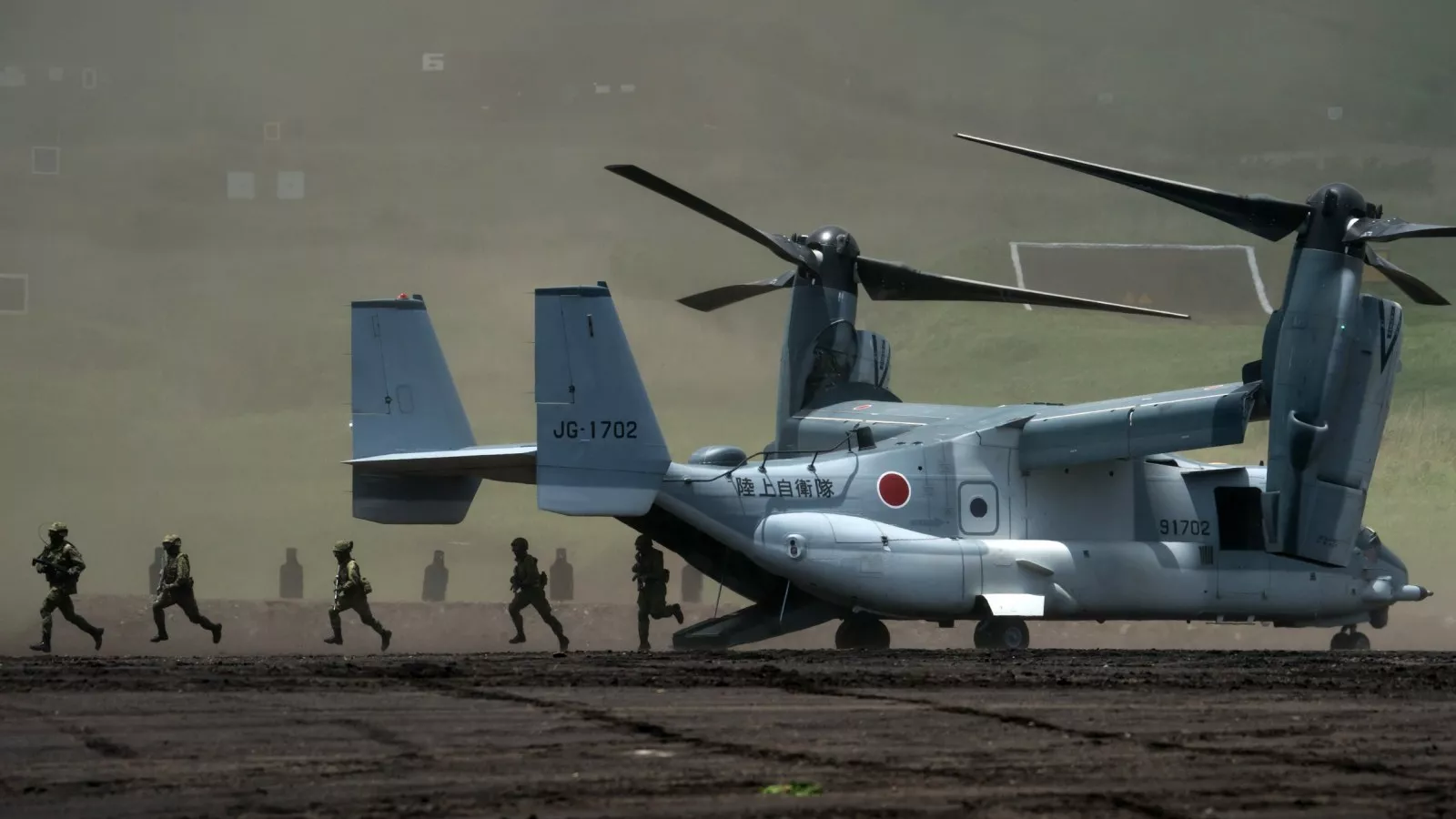
Arming Japan
Japan, long constrained by a pacifist constitution that was imposed by the United States after World War II, is seeking to upgrade its military capabilities and increase its defense budget.
Kishida cited the escalating tensions in Ukraine and the growing Chinese pressure on Taiwan as reasons to bolster Japan’s deterrence and readiness.
Speaking at a security forum in Singapore, Kishida vowed to “fundamentally enhance Japan’s defense capabilities within the next five years and to secure a significant increase in Japan’s defense budget needed to activate this.”
Japan’s top security official, Koichiro Matsumoto, told CNBC that China’s threat was becoming more imminent because of Taiwan’s strategic location near Japan.
He said that China had a widening military advantage over Taiwan and that Japan had to prepare for any contingency in the region.
Japan has announced plans to enhance its missile defense system in response to China’s expanding arsenal and activities. The Defense Minister, Yasukazu Hamada, said in October that Japan aimed to strengthen its defenses by 2027 and improve its ability to repel any invasion.
Takashi Kawakami, a professor of security studies at Takushoku University in Tokyo, said that 2027 was a critical year for Japan’s military planning because it could mark a shift in the balance of power in East Asia in favor of China.
He noted that 2027 was also the year when China’s Communist Party would hold its next congress and celebrate the 100th anniversary of the founding of the People’s Liberation Army.






